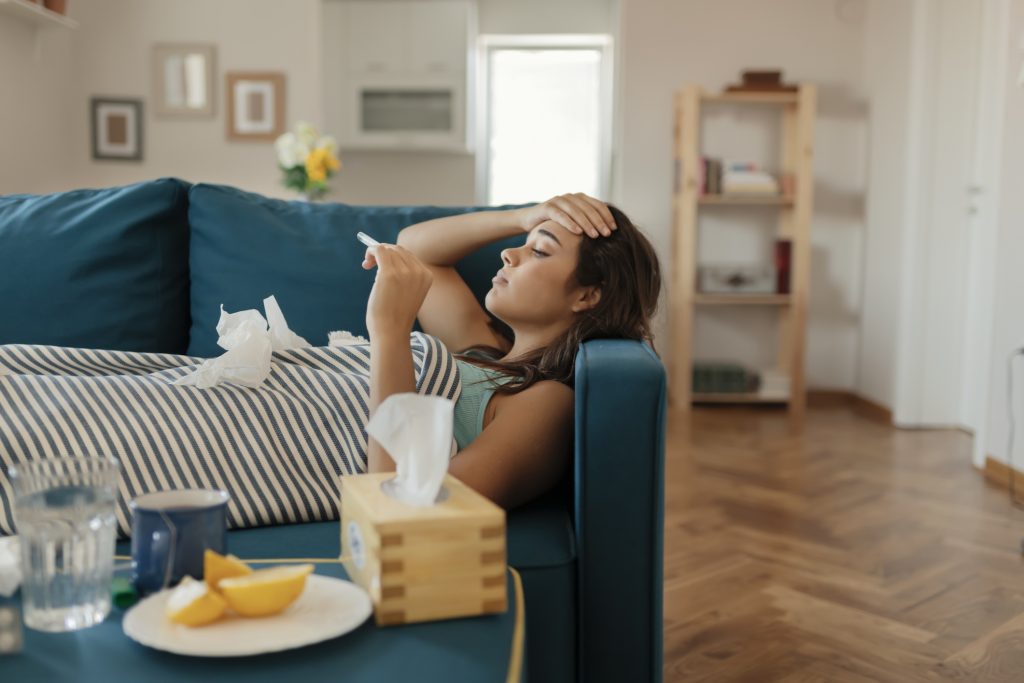Why does it feel like everyone in Australia has a cold or flu?
Take a look around you and you could be forgiven for thinking everyone has either a cold, flu or Covid in Australia right now. After two years of Covid lockdowns, winter seems to have set the scene for the resurgence of the common cold. So why does it feel more common than usual, and is it possible to dodge?
First, know that it’s not just you. Cold and flu numbers are definitely up this year, with Australia experiencing its worst May on record when it comes to influenza cases. The 65,770 reported cases were more than double the previous record from May 2019, according to The Guardian.
This current wave may feel even more overwhelming not only because there are more cases than average, but because the last few years have seen such a dramatic dip in cold and flu numbers.

The Covid factor
Since Covid hit our shores early in 2020, Australians have been isolating, wearing masks, washing hands, and staying 1.5 metres apart. Which means that while we’ve been helping stem the spread of Covid, we’ve also reduced cases of gastro bugs, bronchitis, pneumonia, strep throat – and colds and flu. There have simply been fewer opportunities to catch these viruses.
But this winter, we’ve seen a surge in Covid, cold and flu, making it a particularly treacherous season – especially for those vulnerable to respiratory complications.
A perfect storm for germs
The perfect storm for germs has been created by a variety of winter illnesses circulating at once, while our immunity has been lowered thanks to spending so much time in our own homes, or behind masks.
This winter is the first post-Covid cold and flu season in Australia where we’ve also had the highly contagious Omicron added into the mix.
Whether that person sniffling next to you on the bus has Covid, a head cold or influenza, their symptoms may present exactly the same way.
How to protect yourself from colds and flu
One of the great gifts of Covid (if we’re ready to think of it that way) has been the normalisation of social distancing and wearing masks, and a renewed relationship with the importance of hand washing. Those practices are still our best bet in staving off all the viruses that are floating around at the moment.
You can also help to boost your immune system by getting enough sleep, eating a balanced diet, exercising regularly, and taking a vitamin D supplement if your levels are low.

If you do catch a cold or flu
If you have any cold or flu symptoms, take a RAT or PCR test to rule out Covid, and then the guidelines are the same as they’ve always been:
· stay home, or at least out of crowded and enclosed spaces, to help avoid the spread
· cover your mouth when you cough or sneeze
· throw away tissues after each use
· wash your hands regularly
To speak with an InstantScripts Doctor:
Request a ConsultationIf you have run out of your script:
Request a ScriptThis article was written by Carolyn Tate, a Brisbane-based writer with a particular interest in women’s health, mental health and living well. Carolyn holds a Bachelor of Professional Writing and a Bachelor of Political Science.
© InstantScripts
Level 8 / 637 Flinders St.,
Docklands VIC 3008

